Purina Nature’s Match Sow and Pig Complete Feed, 50 lb. Bag
The Purina Nature’s Match Sow and Pig Complete Feed is a versatile, all-natural feed with 16% protein. The pig complete feed can be fed as a complete diet to pigs in multiple life stages. This pig feed is designed to meet the nutritional needs of grower-finisher pigs from 25 lb. to market weight, as well as your breeding herd, including developing gilts, lactating and gestating sows and boars.
The Purina Nature’s Match Sow and Pig Complete Feed is a versatile, all-natural feed with 16% protein. The pig complete feed can be fed as a complete diet to pigs in multiple life stages. This pig feed is designed to meet the nutritional needs of grower-finisher pigs from 25 lb. to market weight, as well as your breeding herd, including developing gilts, lactating and gestating sows and boars.
- Complete, wholesome plant-based nutrition for all life stages
- Balanced protein and amino acids with 16% crude protein and 1% lysine provide an effective balance for gestating and lactating sows as well as starting, growing and nishing pigs
- Probiotics, yucca schidigera extract and phytase
- Can be fed to young, growing and finishing pigs, developing gilts, gestating and lactating sows and boars
- Flexible feed formulated with high-quality ingredients to provide consistent and quality nutrition in a single product for simplicity and ease
- Pelleted form allows for easy feeding and a fit for all feeding systems
- Non-medicated, plant-based pig feed
- Probiotics support optimal gut health
- Pig feed has yucca schidigera extract that aids in odor control
- Formulated to optimize growth performance in growing pigs and is nutrient dense to support maintenance needs of boars, developing gilts, pregnancy and lactation of breeding sow
- Pelleted feed for optimal flowability through the feeder; less clogging, less dust and less waste
- Provides all the nutrition to sustain pigs from 25 lb. to market weight
Additional information
| Animal Type | Pig |
|---|---|
| Food Form | Pellet |
| Packaged Height | 35 in. |
| Packaged Length | 35 in. |
| Packaged Weight | 50 lb. |
| Packaged Width | 15 in. |
| Pig Life Stage | All Life Stages |
| Manufacturer Part Number | 3005010-206 |

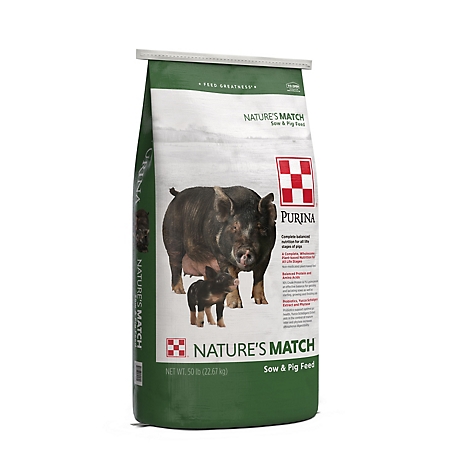
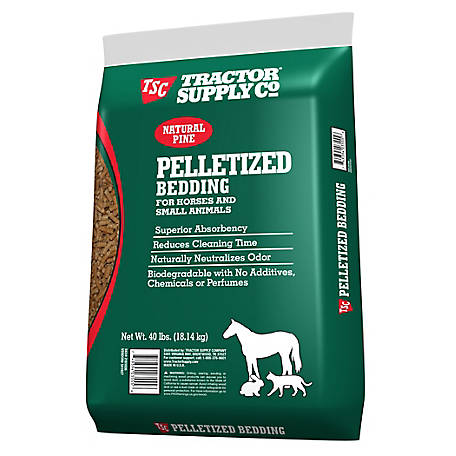
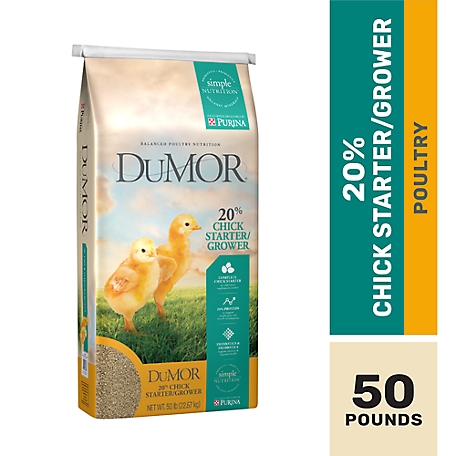

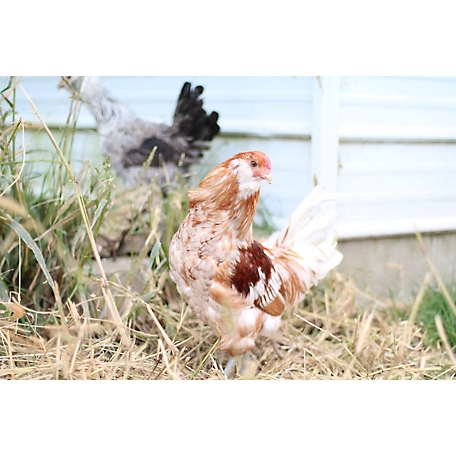
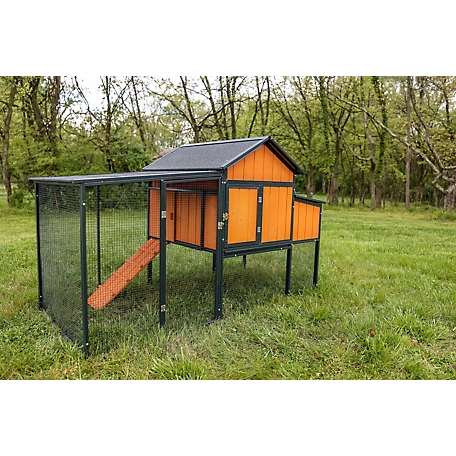
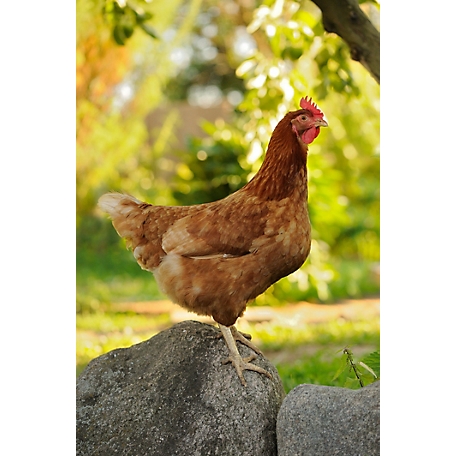
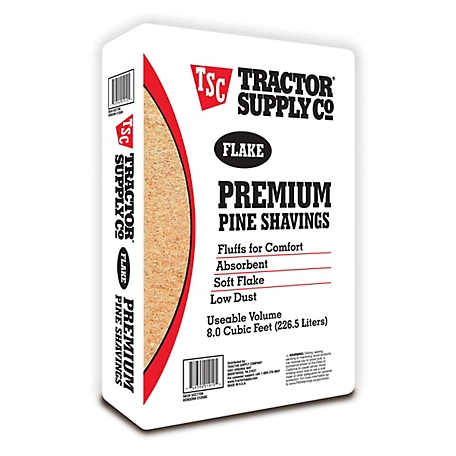
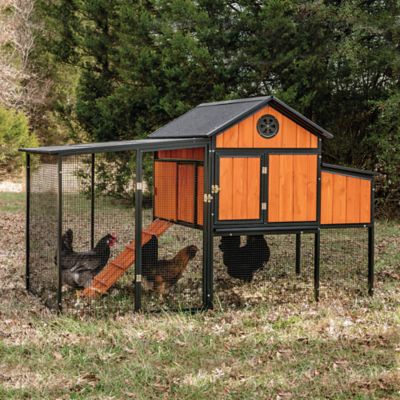
by Andrew
My pigs love this food keeps them happy and healthy.
by Jenny
Best pig feed for mini pigs.
by Bratt
I have been using this pig food for a few years now and all of my pigs love it. I wouldn’t use anything else now.
by Grey
my pigs seem to enjoy it.